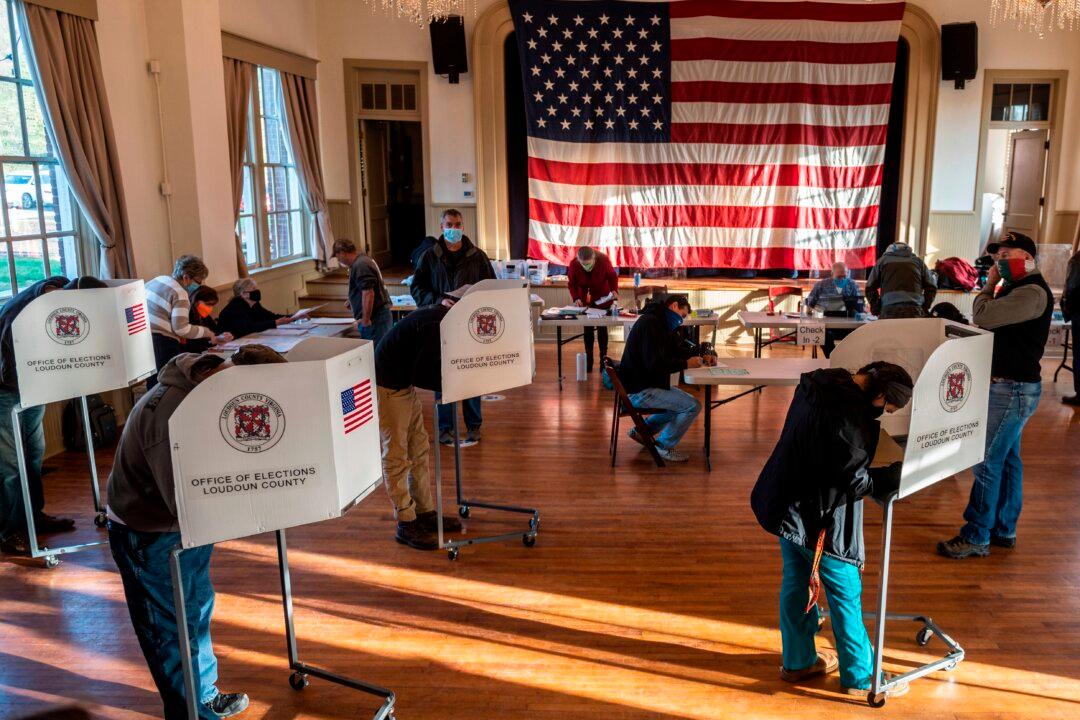So far in 2023, nearly 2,000 bills related to voting have been drafted by state legislators across the country. One election expert says there are two reasons Americans are seeing so many efforts to change election laws.
According to data from the Voting Rights Lab, state legislators in all 50 states plus local lawmakers in the District of Columbia have already drafted 1,884 bills related to voting rights ahead of the 2024 presidential election cycle. By comparison, 2022 saw 2,218 bills in 45 states plus the capital, and 2021 saw 2,286 bills in 50 states plus the capital.





